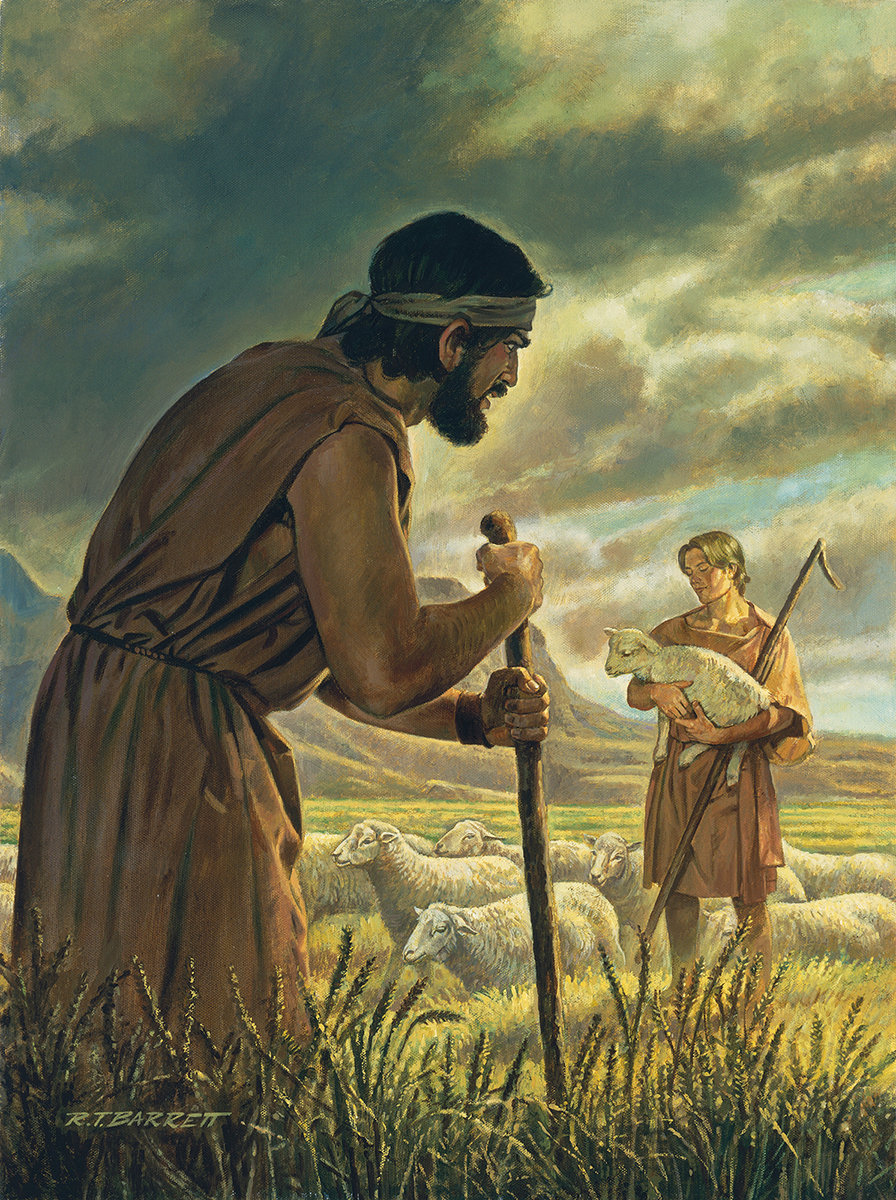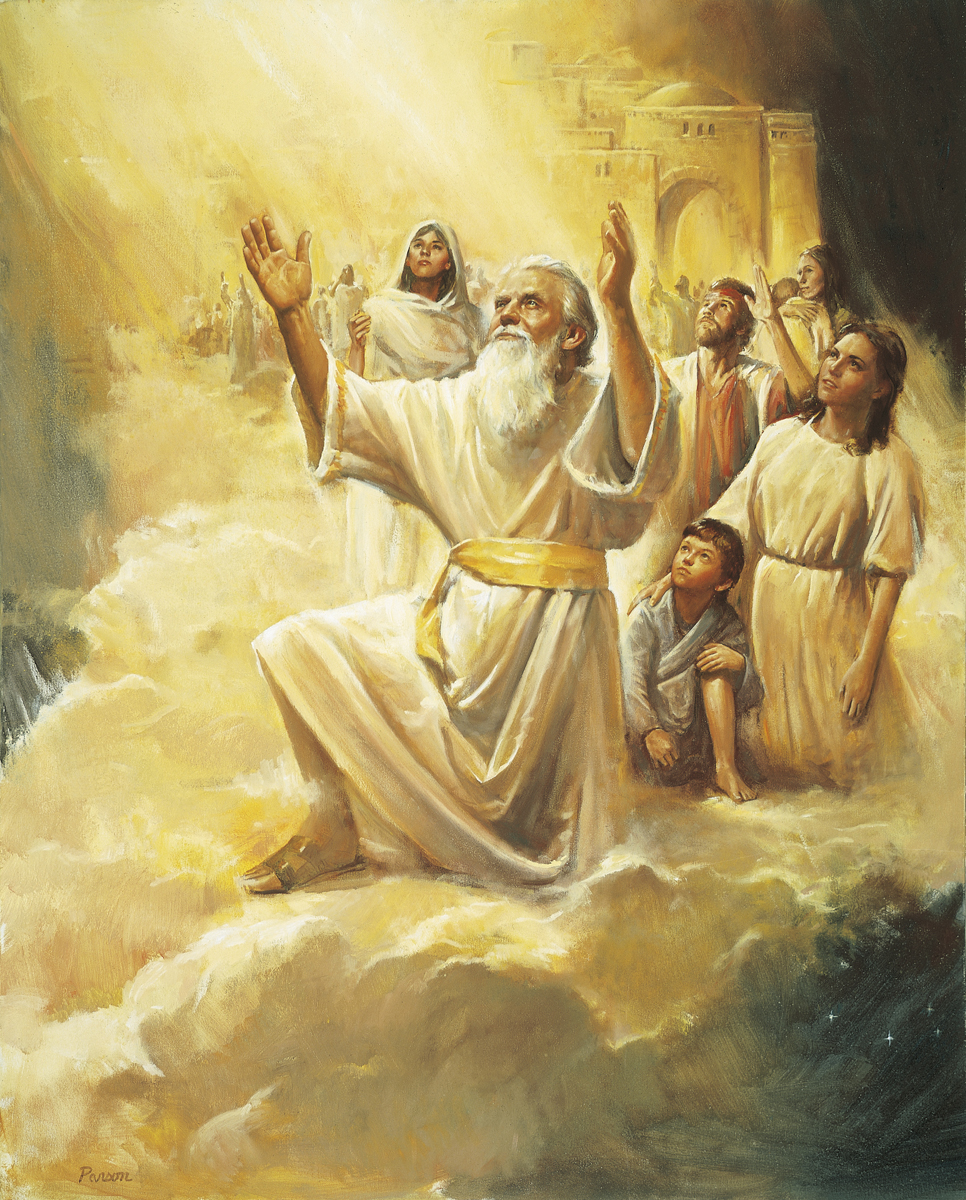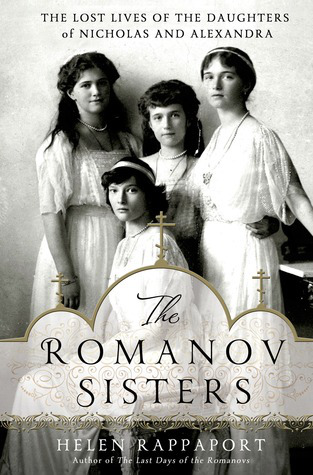Moses 5:16 Cain
‘You think of Cain as a very blessed and special person. They thought he was. They expected great things of him. They expected that he would turn the tide. Everything had gone against Adam and Eve. Many of their posterity were not repenting (see Moses 5:13). They continued, and when they begot Cain, Eve said, “I have gotten a man from the Lord; wherefore he may not reject his words….” There was hope that Cain would be the right one, that he wouldn’t reject the words. He would put things back on the track. But he didn’t. He was a failure.’ (Hugh Nibley, Ancient Documents and the Pearl of Great Price, edited by Robert Smith and Robert Smythe [n.p., n.d.], 8.)
Moses 5:18 The tragedy of Cain
‘The scriptures tell of some who have tragically disregarded priesthood principles. In the very beginning we can see Cain, a man whose birth gave his mother a great deal of joy, for she said, “I have gotten a man from the Lord.” Moses 5:16 However, Cain departed from the principles taught to him by his parents and began to love Satan more than God Moses 5:18 “And Cain went into the field, and Cain talked with Abel, his brother. And it came to pass that while they were in the field, Cain rose up against Abel, his brother, and slew him.
“And Cain gloried in that which he had done, saying: I am free.” Moses 5:32-33
Cain’s observation of a newfound freedom was false doctrine straight from the adversary. In reality he enslaved himself to a life of deceit and a life “shut out from the presence of the Lord.” Moses 5:41 Cain brought this tragedy to his own life by disregarding priesthood principles. He refused to be his “brother’s keeper” Gen. 4:9 and in so doing he sold his soul to the father of lies and murder.’ (Robert L Simpson, General Conference, October 1968)
Moses 5:18-21 Cain made an offering
“By faith in this atonement or plan of redemption, Abel offered to God a sacrifice that was accepted, which was the firstlings of the flock. Cain offered of the fruit of the ground, and was not accepted, because he could not do it in faith, he could have no faith, or could not exercise faith contrary to the plan of heaven. It must be shedding the blood of the Only Begotten to atone for man; for this was the plan of redemption; and without the shedding of blood was no remission; and as the sacrifice was instituted for a type, by which man was to discern the great Sacrifice which God had prepared; to offer a sacrifice contrary to that, no faith could be exercised, because redemption was not purchased in that way, nor the power of atonement instituted after that order; consequently Cain could have no faith; and whatsoever is not of faith, is sin” (Teachings of the Prophet Joseph Smith, 58).
And Cain loved Satan more than he loved God. It doesn’t say he didn’t love God just that he loved Satan more. Could that be us – I love God but I love watching football on the Sabbath more, I love God but I love lying in on a Sunday, I love God but I love my money too much to pay tithing.

Moses 5:26 Cain was wroth
‘Cain conversed with his God every day, and knew all about the plan of creating this earth, for his father told him. But, for the want of humility, and through jealousy, and an anxiety to possess the kingdom, and to have the whole of it under his own control, and not allow anybody else the right to say one word, what did he do? He killed his brother. ‘ (Discourses of Brigham Young, selected and arranged by John A. Widtsoe [Salt Lake City: Deseret Book Co., 1954], 104)
Moses 5:33 I am free
In fact, Cain was now truly in bondage.
Moses 5:34 Am I my brother’s keeper?
‘The answer to that vital question is: Yes, we are our brothers’ keepers.’ (Thomas S Monson, “Our Brothers’ Keepers,” Ensign, June 1998, 33)
Moses 5:23-26 Cain Exercised His Agency and Chose to Rebel against God.
President Joseph F. Smith taught: “God has given to all men an agency and has granted to us the privilege to serve him or serve him not, to do that which is right or that which is wrong, and this privilege is given to all men irrespective of creed, color or condition. The wealthy have this agency, the poor have this agency, and no man is deprived by any power of God from exercising it in the fullest and in the freest manner. This agency has been given to all. This is a blessing that God has bestowed upon the world of mankind, upon all his children alike. But he will hold us strictly to an account for the use that we make of this agency, and as it was said of Cain, so it will be said of us; ‘If thou doest well, shalt thou not be accepted? and if thou doest not well, sin lieth at the door’ (Gen. 4:7). There are, however, certain blessings which God bestows upon the children of men only upon the condition of the rightful exercise of this agency” (Gospel Doctrine, 5th ed. [1939], 49).
Moses 5:41 The Land of Nod
‘Nod means to move back and forth. Nud is the same word in Hebrew. What do you do when you move back and forth? Well, you migrate. You are a people that have no settled position. The migrants and nomads of central Asia tour and follow the grass with the seasons. They are always on the march. Or the Arabs with their camels. These nomadic peoples live in the land of Nod, which means migrating or nomadism. The basic meaning is not to stay in one position, but to go this way, then this way, and then this way. In summer you go up to the summer pasture. In winter you go down to the winter pasture. So he went to the land of Nod east of Eden, and that’s where they are going to live for the rest of their days.’ (Hugh Nibley, Ancient Documents and the Pearl of Great Price, edited by Robert Smith and Robert Smythe, 2 .)
Enoch preaches repentance to the people.‘Enoch possessed intelligence and wisdom from God that few men ever enjoyed, walking and talking with God for many years; yet, according to the history written by Moses, he was a great length of time in establishing his kingdom among men. The few that followed him enjoyed the fulness of the Gospel, and the rest of the world rejected it…
Enoch had to talk with and teach his people during a period of three hundred and sixty years, before he could get them prepared to enter into their rest, and then he obtained power to translate himself and his people, with the region they inhabited, their houses, gardens, fields, cattle and all their possessions.’ (Discourses of Brigham Young, selected and arranged by John A. Widtsoe [Salt Lake City: Deseret Book Co., 1954], 105)

Moses 6:31 Wherefore am I thy servant?
I’m sure we can all empathise with Enoch. Those who are humble and willing can succeed in the service of God, in spite of their feelings of inadequacy.
3. The people in the city of Enoch are of one heart and one mind with the Lord, and the entire city is taken to heaven.Moses 7:13 So great was the faith of Enoch
‘I ask all of you to remember Enoch as long as you live. This is the young man who, when called to a seemingly impossible task, said, “Why is it that I have found favor in thy sight, [I] am but a lad, and all the people hate me; for I am slow of speech …” (Moses 6:31.)
Enoch was a believer. He stiffened his spine and squared his shoulders and went stutteringly on his way. Plain, old, ungifted, inferior Enoch. And this is what the angels would come to write of him.
“And so great was the faith of Enoch, that he led the people of God, and their enemies came to battle against them; and he spake the word of the Lord, and the earth trembled, and the mountains fled, even according to his command; and the rivers of water were turned out of their course; and the roar of the lions was heard out of the wilderness; and all nations feared greatly, so powerful was the word of Enoch, and so great was the power of the language which God had given him” (Moses 7:13).
Plain, old, inadequate Enoch! Whose name is now synonymous with transcendent righteousness. The next time you are tempted to paint your self-portrait dismal gray, highlighted with lackluster beige, just remember that so have this kingdom’s most splendid men and women been so tempted. I say to you as Joshua said to the tribes of Israel as they faced one of their most difficult tasks, “Sanctify yourselves, for tomorrow the Lord will do wonders among you” (Josh. 3:5).’ (Jeffrey R Holland, New Era, Oct. 1980, 11)
Moses 7:18 The Lord called his people ZION
President Spencer W Kimball:
‘May I suggest three fundamental things we must do if we are to ‘bring again Zion’, three things for which we who labour for Zion must commit ourselves. First we must eliminate the individual tendency to selfishness that snares the soul, shrinks the heart, and darkens the mind…Second, we must cooperate completely and work in harmony one with the other….Third, we must lay on the altar and sacrifice whatever is required by the Lord. We begin by offering a broken heart and a contrite spirit.’ We follow this by giving our best effort in our assigned fields of labour and callings. We learn our duty and execute it fully. Finally we consecrate our time, talents, and means as called upon by our leaders and as prompted by the whisperings of the Spirit’
Moses 7:21 Translated beings
President Joseph Fielding Smith explained: “Translated beings are still mortal and will have to pass through the experience of death, or the separation of the spirit and the body, although this will be instantaneous, for the people of the City of Enoch, Elijah, and others who received this great blessing in ancient times, before the coming of our Lord, could not have received the resurrection, or the change from mortality to immortality, because our Lord had not [yet] paid the debt which frees us from mortality and grants to us the resurrection” (Answers to Gospel Questions, 1:165).
Moses 7:28 And he wept
‘No one can read this supernal revelatory account without feeling the divine tenderness of God’s sharing in human suffering. In view of this, praise be to God for His long-suffering and patience! Our Father and our Redeemer are perfect in both their mercy and their justice-and divine empathy bridges those two virtues.’ (Neal A Maxwell, A Wonderful Flood of Light [Salt Lake City: Bookcraft, 1990], 81)
Moses 7:29-31 How is it that thou canst weep?
‘There, in the midst of a grand vision of humankind which heaven opened to his view, Enoch, observing both the blessings and challenges of mortality, turns his gaze toward the Father and is stunned to see Him weeping. He says in wonder and amazement to this most powerful Being in the universe: “How is it that thou canst weep? … Thou art just [and] merciful and kind forever; … Peace … is the habitation of thy throne; and mercy shall go before thy face and have no end; how is it thou canst weep?”
Looking out on the events of almost any day, God replies: “Behold these thy brethren; they are the workmanship of mine own hands. … I gave unto them … [a] commandment, that they should love one another, and that they should choose me, their Father; but behold, they are without affection, and they hate their own blood. … Wherefore should not the heavens weep, seeing these shall suffer?” (Moses 7:29–33, 37)
That single, riveting scene does more to teach the true nature of God than any theological treatise could ever convey. It also helps us understand much more emphatically that vivid moment in the Book of Mormon allegory of the olive tree, when after digging and dunging, watering and weeding, trimming, pruning, transplanting, and grafting, the great Lord of the vineyard throws down his spade and his pruning shears and weeps, crying out to any who would listen, “What could I have done more for my vineyard?” (Jacob 5:41; see also Jacob 5:47, 49)
What an indelible image of God’s engagement in our lives! What anguish in a parent when His children do not choose Him nor “the gospel of God” He sent (Rom. 1:1)! How easy to love someone who so singularly loves us!’ (Jeffrey R Holland, “The Grandeur of God,” Ensign, November 2003)
Moses 7:32-41 Why did God weep?
Elder Marion D. Hanks, a former member of the Seventy, explained:
“God, from whom all blessings come, asked of his children only that they should love each other and choose him, their Father.
“But as in our day, many neither sought the Lord nor had love for each other, and when God foresaw the suffering that would inevitably follow this self-willed, rebellious course of sin, he wept. That, he told Enoch, was what he had to cry about” (in Conference Report, Apr. 1980, 40–41; or Ensign, May 1980, 29).
Moses 7:44-47 And his soul rejoiced
A knowledge of Christ and his atonement should cause us to be glad and lift up our hearts, despite any feeling of being overwhelmed by the wickedness that may surround us.
Advertisements Share this:





